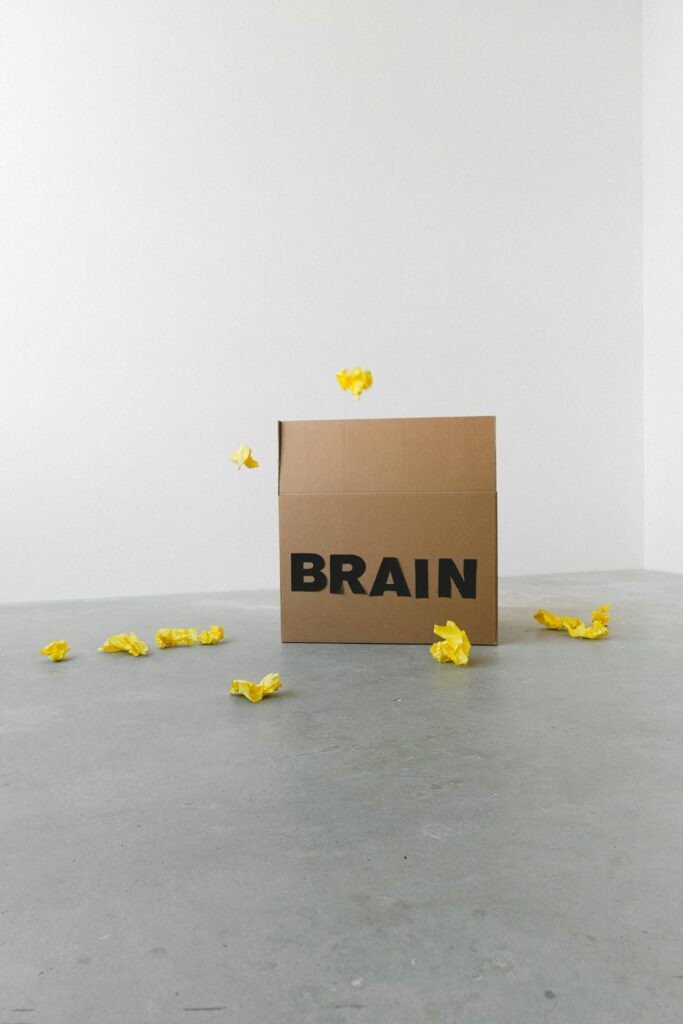Memory—an intricate dance of neurons that chooses to remember the insult but conveniently forgets where you left your keys. Let’s explore this fascinating phenomenon, shall we?
The human brain, in all its majesty, doesn’t treat all memories equally. Picture your brain as a nightclub bouncer, allowing emotionally charged memories to skip the line while mundane ones linger at the back. Your brain, ever the drama enthusiast, loves to highlight the highs and lows, joys and sorrows.
Consider song lyrics or math problems—requiring repetitive learning and lacking emotional punch. They’re like the vegetables of your memory diet: necessary but not thrilling. Your brain tucks them away in short-term memory, often evicting them to make room for juicier details.
Now, let’s discuss those moments when someone wronged you. Your brain perks up, like a neighborhood gossip with a hot scoop. Emotions act as memory’s adhesive, ensuring you never forget that slight, no matter how small. The amygdala, our brain’s emotional watchdog, steps in, tagging these experiences as crucial. Thus, the hippocampus, our memory librarian, securely files them away for future reference.
But why do chores slip through the cracks? Well, unless they’re tied to significant emotional events, your brain deems them unimportant. Unless, of course, you associate them with some emotional weight. Then, those tasks become unforgettable.
So, next time you misplace your keys but vividly recall a snide comment, blame your brain’s emotional bias. It’s simply prioritizing drama over monotony, much like a riveting reality TV show.
Dr. Sowmya, a physician with a knack for decoding the brain’s quirks, often quips that our brains are like gossip queens—forever holding onto drama while conveniently forgetting the groceries.
Suggested Reading: Daily Reflections

